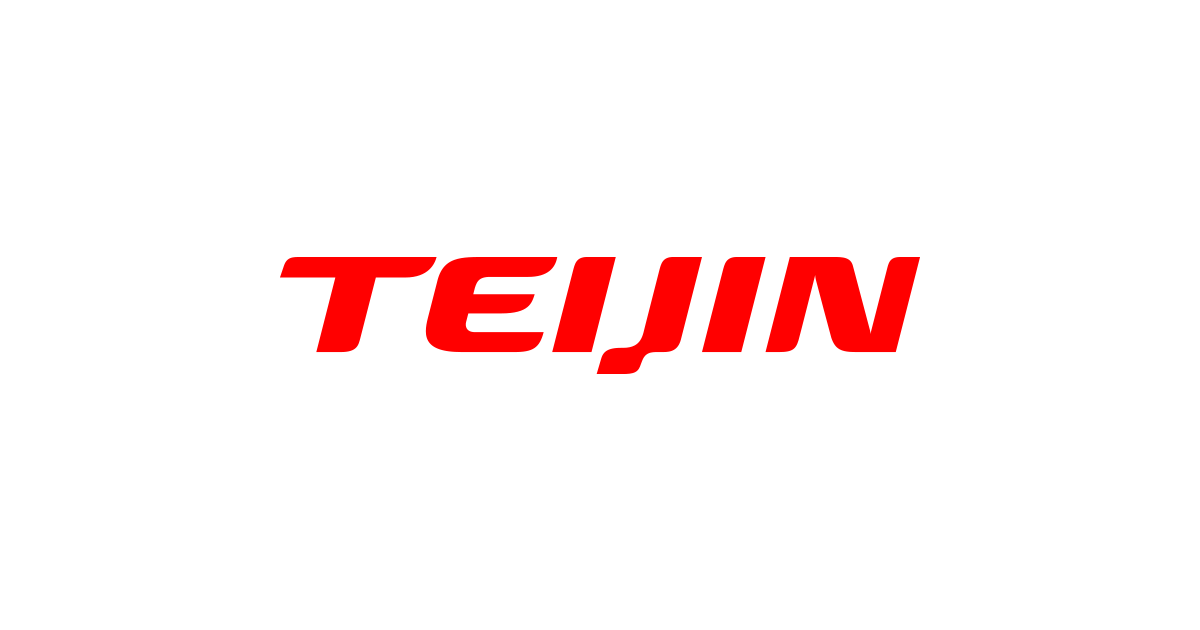 TOKYO — April 10, 2025 — Teijin Limited announced today that it has started rolling out initiatives to enable aramid fibers and carbon fibers to be accompanied by Digital Product Passport (DPP) technology, which enhances supply chain transparency by verifying the origins of materials and supporting sustainability claims. The company is using the supply chain traceability system from Netherlands-based Circularise B.V., in which Teijin has invested since November 2024, to develop DPPs for each product. Implementation of DPPs is being mandated by Europe’s Ecodesign for Sustainable Products Regulation (ESPR). At JEC World 2025 in Paris, Teijin presented two proof-of-concept applications highlighting how DPPs enhance traceability and circularity in recycled materials use.
TOKYO — April 10, 2025 — Teijin Limited announced today that it has started rolling out initiatives to enable aramid fibers and carbon fibers to be accompanied by Digital Product Passport (DPP) technology, which enhances supply chain transparency by verifying the origins of materials and supporting sustainability claims. The company is using the supply chain traceability system from Netherlands-based Circularise B.V., in which Teijin has invested since November 2024, to develop DPPs for each product. Implementation of DPPs is being mandated by Europe’s Ecodesign for Sustainable Products Regulation (ESPR). At JEC World 2025 in Paris, Teijin presented two proof-of-concept applications highlighting how DPPs enhance traceability and circularity in recycled materials use.
Through this strategic collaboration with Circularise, Teijin will gradually launch DPP- compliant products, beginning with carbon fiber materials.
The initiative underscores Teijin’s leadership in the development of products that help reduce environmental impacts. It enables Teijin to comply with evolving sustainability regulations while addressing consumer demands for greater transparency.
The ESPR, which came into force in July 2024, “aims to significantly improve the sustainability of products placed on the EU market by improving their circularity, energy performance, recyclability and durability,” according to the European Commission. Implementation of DPPs will follow a phased approach, with full adoption expected by 2030. From 2027, a DPP will be mandatory for all industrial and electric vehicle batteries. In the future, it is expected that a basic DPP will also be mandatory for textiles and other products.
Teijin showcased at JEC World how the DPPs developed in collaboration with Circularise’s product traceability platform for data management can substantiate material origin claims and improve accountability across the value chain. At the show, the company presented two proof-of-concept applications highlighting how DPP enhances material traceability and circularity.
- Teijin Aramid Pulp from Recycled Materials

The first demonstration focused on Teijin aramid pulp made by grinding aramid fibers from recycled materials. The DPP shows a (potential) pathway of the aramid fibers from its origin to the customer Hampidjan, producer of the Terra® Sling. From the application we are able to follow the discarded slings back to Teijin Aramid where the end-of-life material can be used for the production of aramid pulp. This way we are able to illustrate a transparent and verifiable recycling process.
- Tenax Next™ R2S P513 6mm

The second proof of concept showcased the traceability of Tenax Next™ R2S P513 6mm, a short carbon fiber product. This material is produced using post-production waste from carbon fiber filament yarn manufacturing. The DPP demonstrated how specific waste streams were reintegrated into the product.
By leveraging DPP technology, Teijin is taking a decisive step in enabling a more transparent and circular materials industry, and reinforcing its leadership in sustainable innovation.
Posted: April 10, 2025
Source: The Teijin Group
